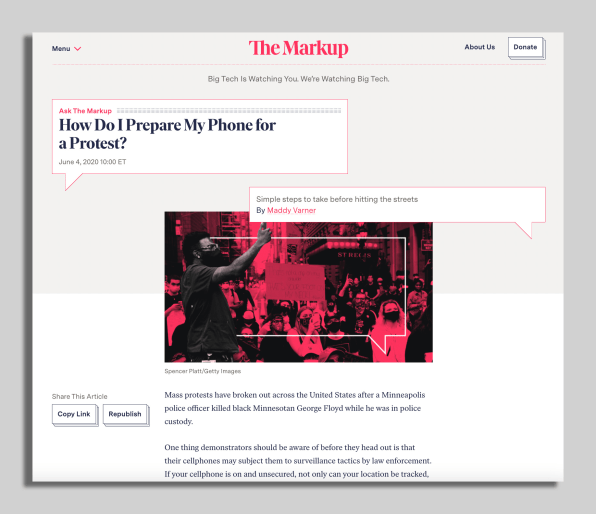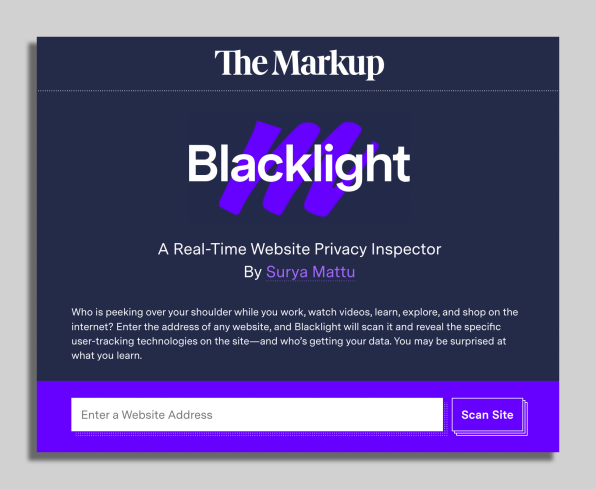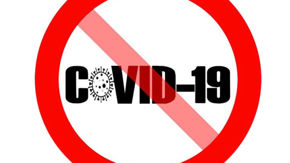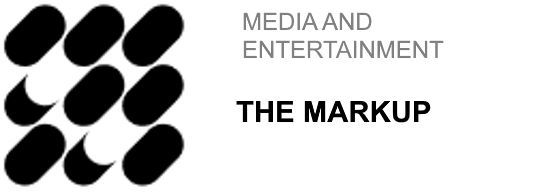3 mins read//
In 2020, 56% of Americans agreed that journalists were purposely trying to mislead people, illustrating an unprecedented dip in confidence in the press. With that backdrop, and in an election year with peak political polarization, rolling out a brand-new media publication was “absurd,” admits Nabiha Syed, president of The Markup, a digital outlet focused on holding tech companies accountable. “How are we going to get people to trust us when they’ve never heard of us, especially when we are interrogating tools that people are using and are sometimes beloved?”
But the founders felt that the site’s mission was critical: to investigate the power and practices of Big Tech. Plus, it was going to do things differently. The Markup is nonprofit newsroom, funded by philanthropists, including more than $20 million from Craigslist founder Craig Newmark. It is data-driven, and only publishes about twice a week, in order to be as thorough as possible when delving into the enterprises like Facebook and Amazon that are reshaping our world.

The outlet does so with its so-called Markup Method. It approaches journalism like a school science experiment, testing hypotheses and noting its objectives, methodology, results, and conclusions. Again, like a school math problem, the reporters show their work, making their data open-source in the interest of transparency. Operating with a Creative Commons license, it allows anyone to republish its work, and it partners with more widely-circulated publications, such as The New York Times and Associated Press, to reach large and specific audiences.
The Markup is the winner in the media and entertainment category of Fast Company’s 2022 World Changing Ideas Awards.

Syed says that hands-on approach helps battle the public’s wariness in media, because skeptical readers don’t have to trust their sources or narrative. “‘Figure it out for yourself’ is quite appealing to people in a moment of distrust,” she says. It has also become clear that, at a time of bitter partisanship, Big Tech is a concern on both sides of the political aisle. The Amazon Brand Detector was picked up by famed far-right outlet Breitbart and went viral in conservative circles.
For a newbie, the publication has demonstrated wide-reaching impact. Its revelations about the federal government’s discriminatory practices in its mortgage-lending algorithms have forced agencies to announce changes; Texas A&M University is changing its algorithms after The Markup showed that racial biases in the tools were discouraging Black students from pursuing science degrees. If this work isn’t done, Syed says, individuals may blame themselves for such injustices rather than biased tech tools. “People will walk around unaware that their world is shaped by forces that are not random,” she says. “What we think is critical in this moment is giving people enough questions to ask about the architecture of the world around them.”











